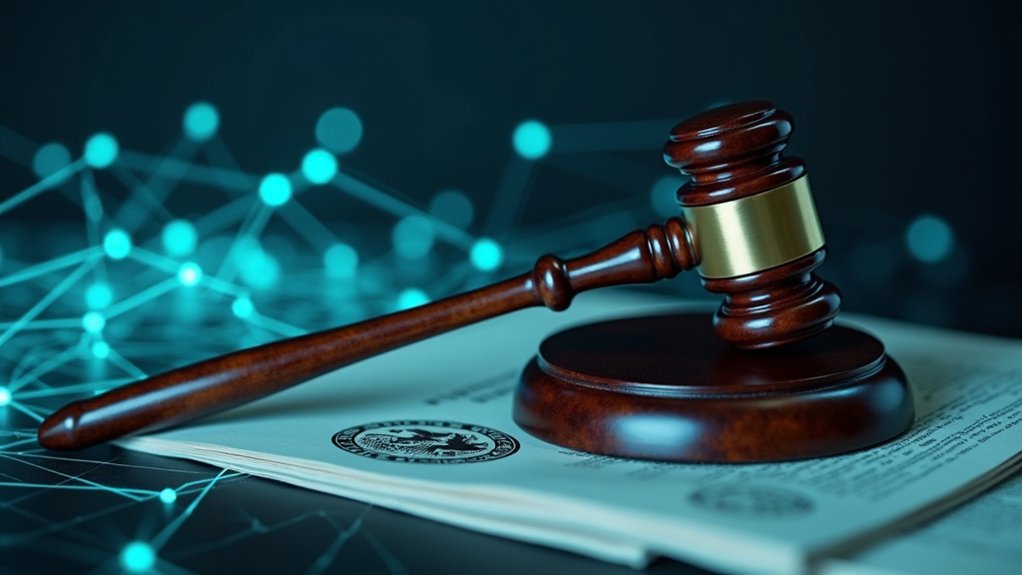How will the CLARITY Act, having cleared the House on July 18, 2025, reshape the regulatory architecture for digital assets in the United States, and what contingencies remain as it advances toward a fraught Senate process; the legislation, which proposes a tripartite taxonomy distinguishing digital commodities, investment contract assets, and permitted payment stablecoins, seeks to resolve longstanding SEC‑CFTC jurisdictional ambiguities by supplanting ad hoc enforcement with statutory definition and a phased regulatory on‑ramp, yet its ultimate effect hinges on contentious Senate negotiations, potential committee revisions in Banking and Agriculture, the filibuster‑era 60‑vote threshold, and concurrent legislative alternatives such as the Senate’s RFIA and the House’s recently enacted GENIUS Act for stablecoins, all of which create a complex interplay between federal standardization and preserved state antifraud and securities authorities, portending protracted rulemaking, uneven transitional impacts on financial institutions and DeFi participants, and persistent market uncertainty until definitive congressional resolution and agency implementation materialize. The initiative addresses Regulatory Overlap by delineating jurisdictional boundaries intended to reduce duplicative enforcement, yet the very act of statutory reclassification raises contentious definitional debates over “investment contract” scope, and such disputes, coupled with preserved state antifraud authority, could perpetuate patchwork enforcement that undermines uniform market expectations. Observers note that Industry Innovation may benefit from clearer legal frameworks that encourage institutional participation, but the prospective gains are tempered by the likelihood of protracted agency rulemaking, conditional compliance windows, and varying state responses that collectively impose transitional frictions on market entrants and legacy financial intermediaries. Crypto miners and related DeFi actors must remain vigilant as evolving tax and regulatory standards could impact operational compliance and reporting obligations, especially given the IRS’s treatment of mined coins as ordinary taxable income. Political dynamics, including divergent priorities among Senate Democrats and Republicans, committee negotiations, and the practical necessity of securing a 60‑vote threshold, introduce substantial probability that the CLARITY Act will be amended, delayed, or supplanted by the Senate’s RFIA or narrower measures, with the GENIUS Act’s passage underscoring congressional fragmentation on stablecoin policy. Consequently, market actors must navigate an interregnum characterized by legal uncertainty, potential regulatory arbitrage, and iterative legislative competition, while policymakers confront the tradeoffs between federal standardization, state enforcement prerogatives, and the imperative to sustain innovation without sacrificing robust investor protections. The bill also envisions expanded CFTC responsibilities, including registration and oversight of certain intermediaries, reflecting a broader shift toward CFTC authority. In practical terms, this would require significant agency funding to build the CFTC’s capacity to supervise expanded spot-market responsibilities.
Author
Tags
Share article
The post has been shared by 0
people.









